Lucio Blanco Pitlo III, President of Philippine Association for Chinese Studies, and Research Fellow at Asia-Pacific Pathways to Progress Foundation
Apr 22, 2022
Rodrigo Duterte led the Philippines in the last six years with his own brand of populist, oft-criticized leadership. While his successor may not inherit his bombastic attitude, they will have to take over relations with an ever-powerful China and a long festering maritime row.
Richard Javad Heydarian, Professorial Chairholder in Geopolitics, Polytechnic University of the Philippines
Oct 22, 2019
Increasing cooperation between the Philippines and Russia suggests that there is a burgeoning relationship in the East that may lessen the Philippines’ dependency on the United States. Such a relationship also has implications for China’s involvement in the disputed South China Sea.
Richard Javad Heydarian, Professorial Chairholder in Geopolitics, Polytechnic University of the Philippines
Sep 26, 2019
The recent move by the Philippine government to allow the Mindanao Islamic Telephone Company to become the nation’s third telecommunications provider is yet another major step made by the Duterte administration to display its loyalty to Beijing – and another step towards untethering longstanding ties with the U.S.
Peng Nian, Director of Research Centre for Asian Studies, China
Aug 29, 2019
At President Xi Jinping’s invitation, President Duterte of the Philippines will visit China this month, as relations warm between the two countries. While opposition voices in the Philippines warn of undue Chinese influence, the visit offers both leaders an opportunity to continue to promote economic cooperation, stability and peace.
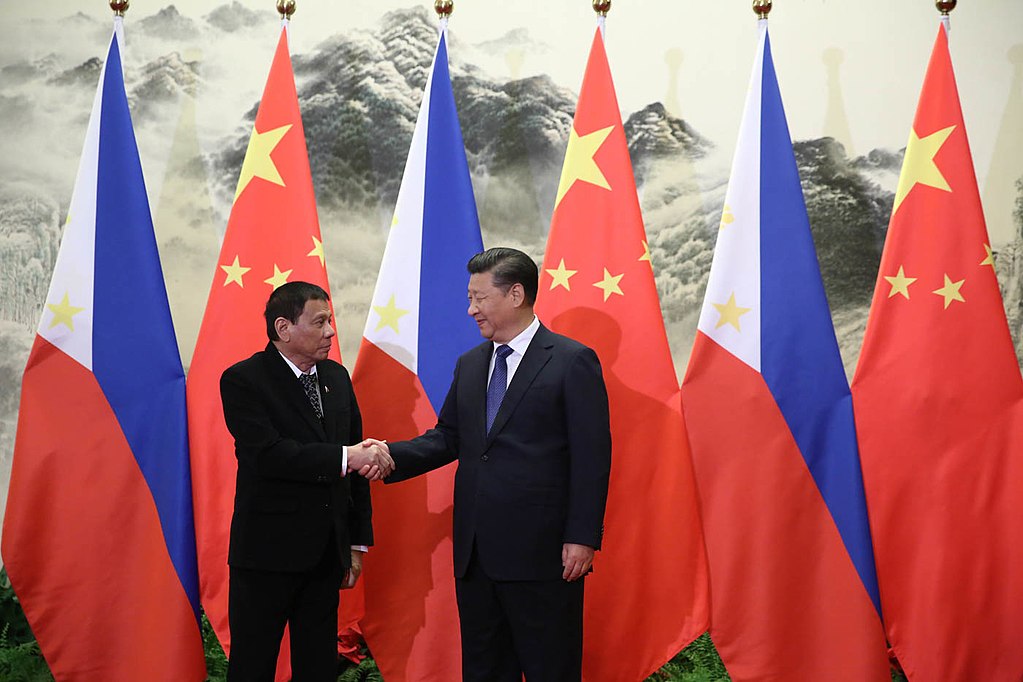
Richard Javad Heydarian, Professorial Chairholder in Geopolitics, Polytechnic University of the Philippines
Dec 18, 2018
Since coming to power, President Xi has sought to charm estranged neighbors through an enticing package of infrastructure investments and development assistance, and the Philippines has emerged as the crowning jewel of this ‘peripheral diplomacy’ strategy.
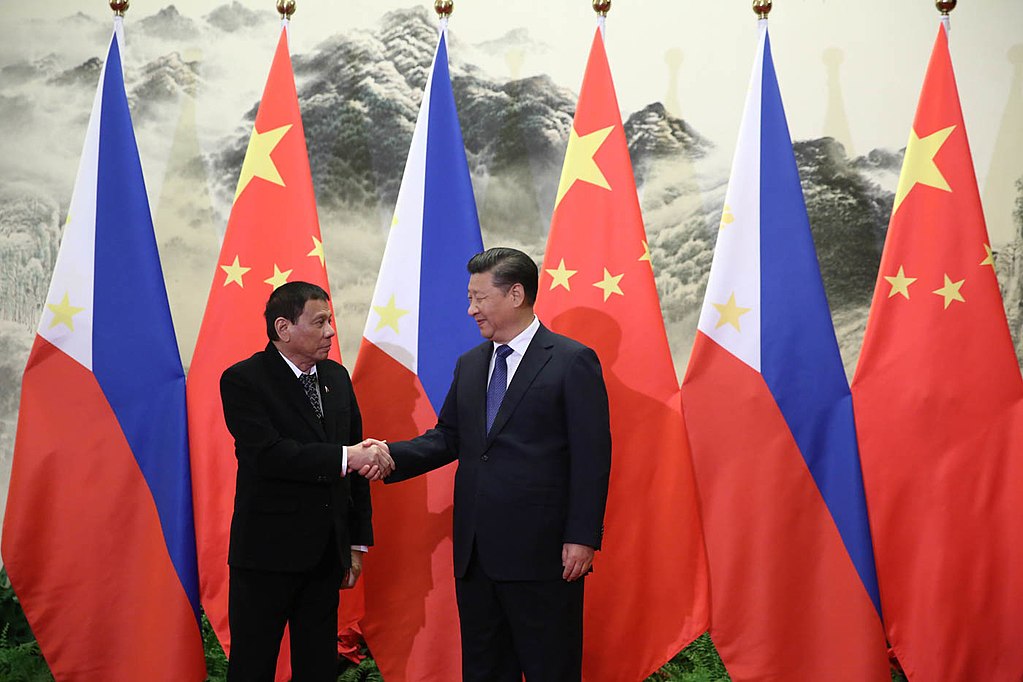
Jayati Ghosh, Professor of Economics at Jawaharlal Nehru University
Oct 04, 2018
While ‘strongmen’ politicians govern states throughout the Asia Pacific, the truth is that these strongmen are presiding over increasingly vulnerable states and even more fragile economies.
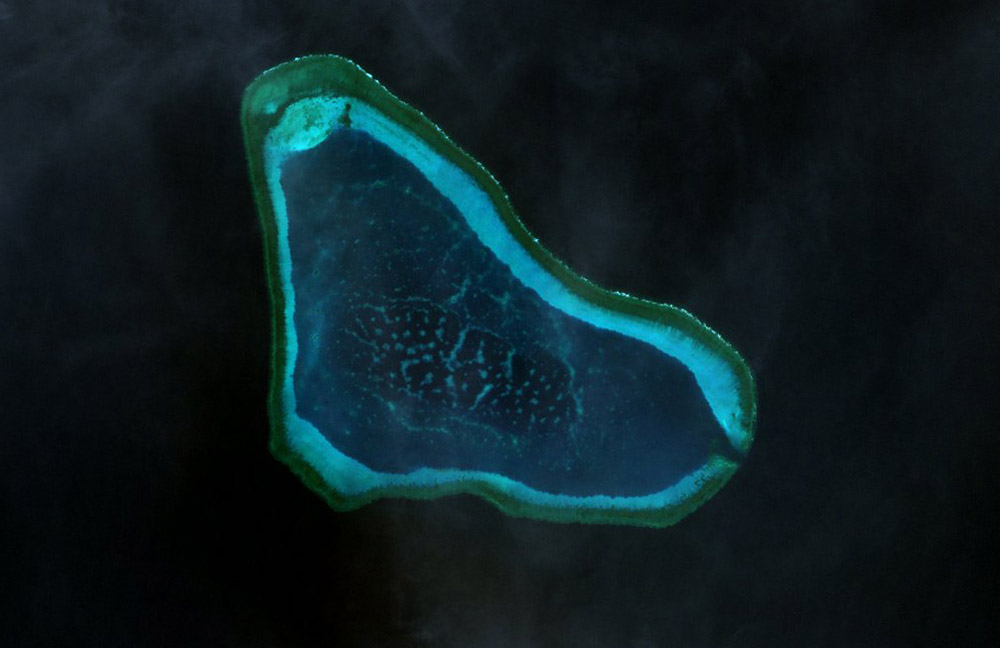
Richard Javad Heydarian, Professorial Chairholder in Geopolitics, Polytechnic University of the Philippines
Jul 10, 2018
Public backlash over reports of persistent harassment of Filipino fishermen visiting the Scarborough Shoal strain Duterte’s hopes for warmer relations with China.
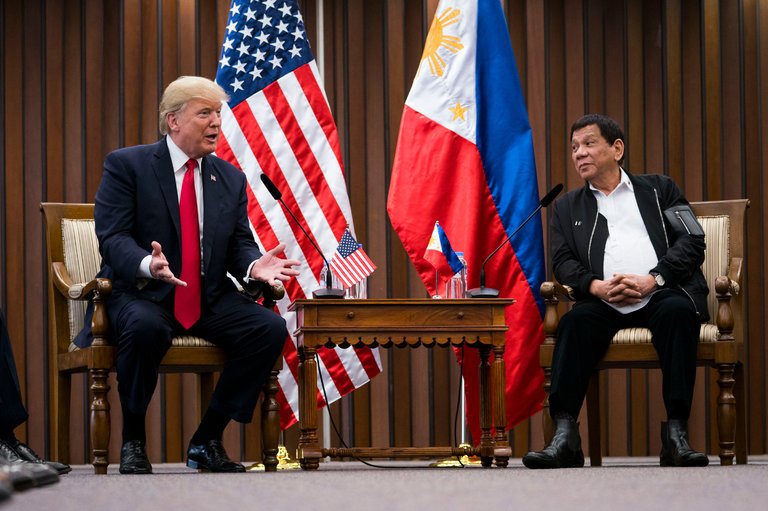
Ted Galen Carpenter, Senior Fellow, Randolph Bourne Institute
Dec 13, 2017
Worries proliferated during the 2016 U.S. presidential campaign that the election of Donald Trump would signal drastic changes in Washington’s foreign policy. Those fears proved mostly unfounded. However, Trump’s public affinity for several authoritarian regimes, regardless of their flagrant human rights abuses should concern all.
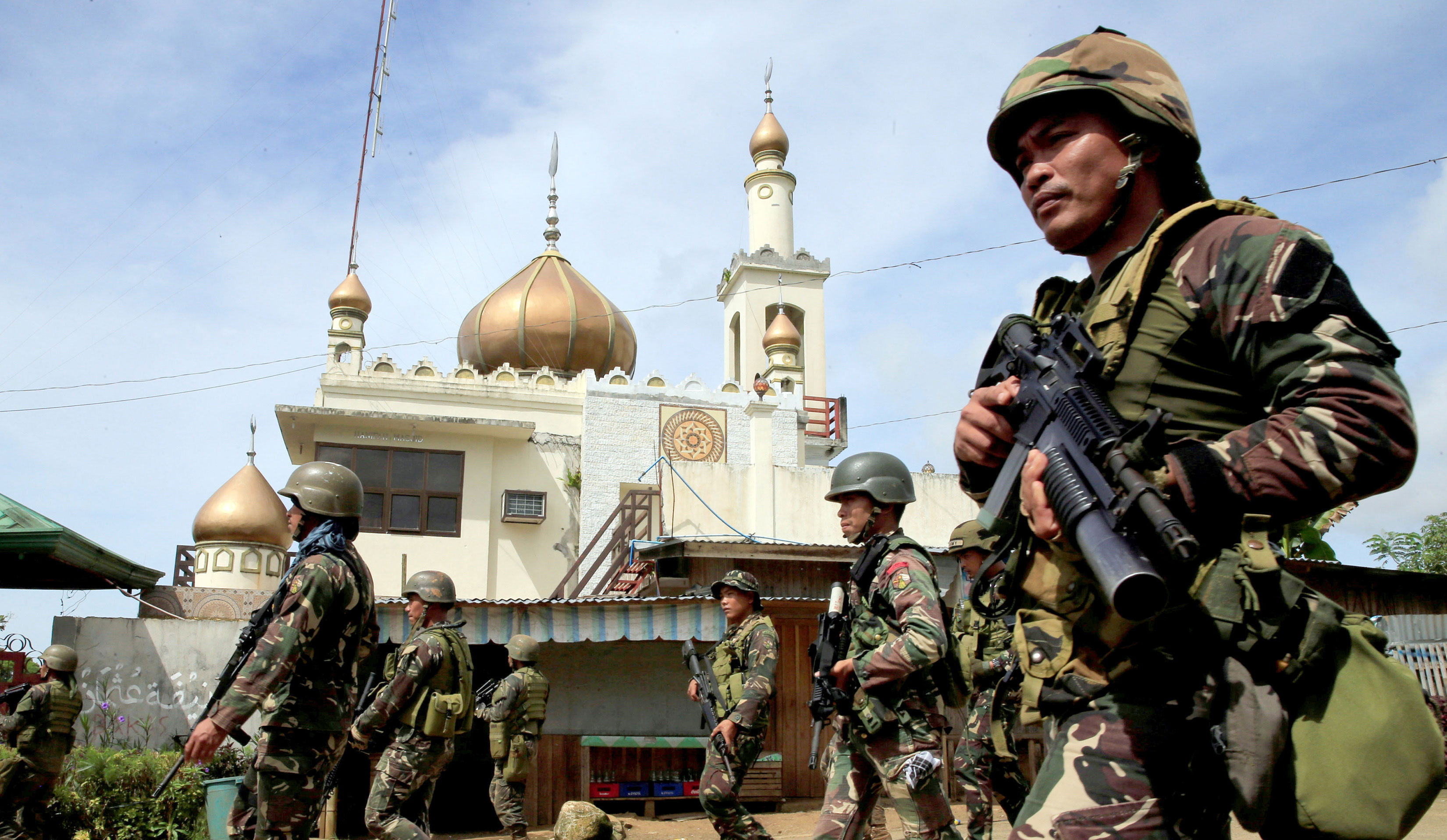
Richard Javad Heydarian, Professorial Chairholder in Geopolitics, Polytechnic University of the Philippines
Nov 01, 2017
After five months of intense firefights between government troops and Islamic State (IS)-affiliated militants, the Battle of Marawi is now effectively over. Yet, the specter of terror in Mindanao is far from over. The Philippines may have managed to contain, at least for the meantime, the prospect of an IS stronghold in its backyard, but religiously inspired extremism and violence will continue to haunt Mindanao for the foreseeable future.
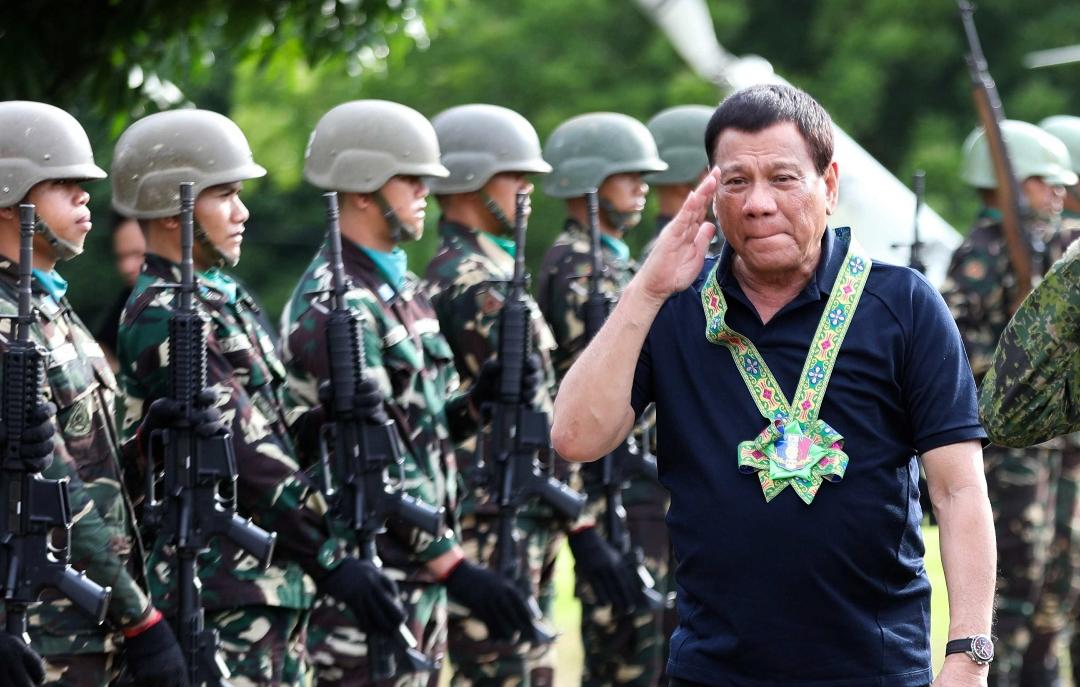
Richard Javad Heydarian, Professorial Chairholder in Geopolitics, Polytechnic University of the Philippines
Jul 10, 2017
After his first year in office, Rodrigo Duterte has arrived at three key realizations: first, it has become increasingly clear he doesn’t have the power to unilaterally shape his country’s defense policy; second is how far he can distance the Philippines from the U.S.; and third, expanding cooperation between the Philippine military and the Pentagon will constrain Duterte’s outreach to China.